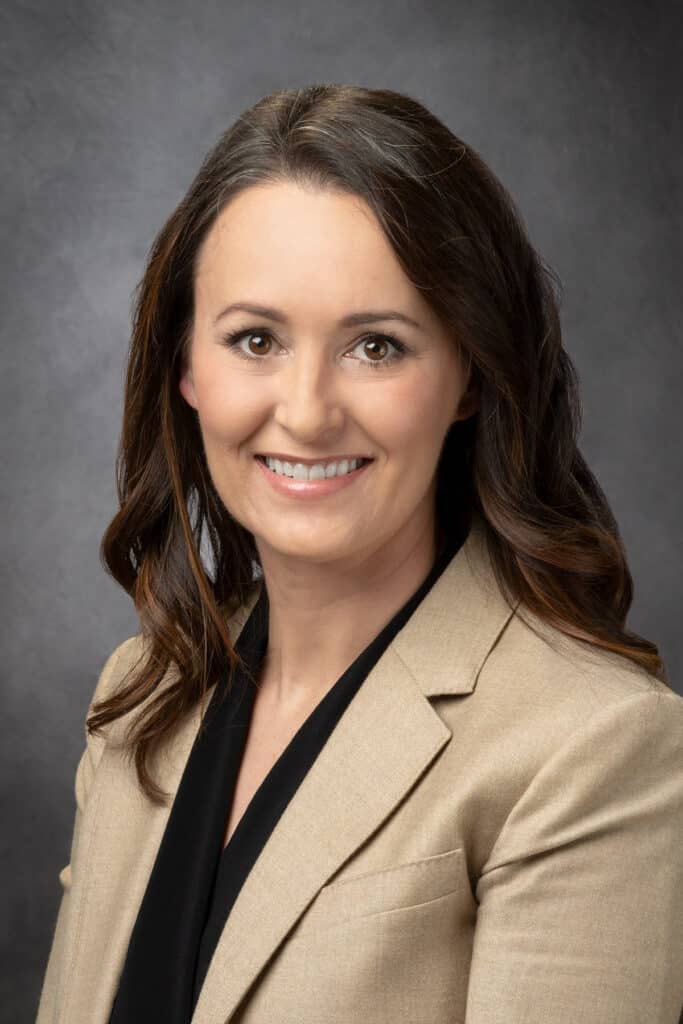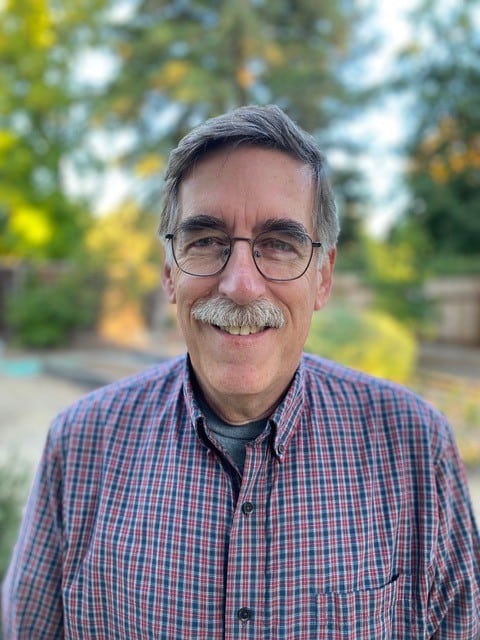Patient Perspectives: When Should a Patient Seek a Second Opinion?
When you receive a diagnosis of a complex disease like lymphoma or chronic lymphocytic leukemia (CLL), making treatment decisions can be overwhelming. Due to the heterogeneity of lymphoma and CLL and the variety of treatment options available, finding a doctor who is an expert in lymphoma/CLL, and most importantly, who you trust, is a critical part of your care.
After receiving an initial consultation, you might be interested in finding an additional doctor who can review your test results and provide their take on your diagnosis and make suggestions for a treatment plan — known as a second opinion. Second opinions can help a patient better understand their options and ultimately make the best decisions for their care.
Lymphoma Research Foundation (LRF) Scientific Advisory Board (SAB) member and lymphoma specialist, Loretta Nastoupil, MD of The University of Texas MD Anderson Cancer Center, discusses why seeking a second opinion can be a helpful tool for patients when making decisions about their care, while lymphoma survivor, Larry Simon, discusses why he ultimately chose to obtain a second opinion and how that impacted the decisions he made.

Dr. Nastoupil:
When should a lymphoma or chronic lymphocytic leukemia (CLL) patient think about seeking a second opinion?
It is always a good idea to seek out a second opinion given these are rare tumors and having more than one assessment is likely to provide a balanced overview of the disease process, treatment options, and clinical trial opportunities. The other reason to consider a second opinion is that it will also result in a pathology review to confirm the diagnosis.
Will seeking a second opinion offend the patients initial doctor?
It should not, though it is best to keep the line of communication open so that the initial doctor may be part of the conversation and can exchange ideas or thoughts about the disease and treatment approaches. Often patients will receive a second opinion that reinforces the original discussion. This generally enhances the confidence of the initial doctor. The challenge is when the opinions are vastly different, being able to have an open discussion on why and how to reconcile the difference is critical particularly if the patient prefers to have local therapy but with the treatment recommendation offered by the second opinion. This can be challenging to navigate.
When a patient gets a second opinion, will they need to redo their testing?
Occasionally, there may be indications for repeat testing, particularly as it pertains to lab tests. It is uncommon to
repeat a biopsy or imaging study if done recently.
What are the potential benefits of seeking a second opinion?
Gaining knowledge will help patients navigate the various treatment approaches. Having a second opinion that reinforces the local opinion or initial opinion is helpful and builds trust. Sometimes having the same message delivered in a different style can be helpful. Receiving information on clinical trial options or future developments can be another advantage of seeking a second opinion.
What should they do if the suggestions differ? How should they decide which doctor to choose?
This is challenging. Sometimes patients will seek a third opinion to reconcile the difference. Having an open
discussion with the two opposing doctors to reconcile the difference is important to navigate this successfully. There are opportunities to cross-reference a recommendation either through societies such as LRF or via the National Comprehensive Cancer Network (NCCN) guidelines that have patient-directed information. Gut instinct can also be helpful.

Larry Simon:
Why did you decide to seek a second opinion?
At my annual physical exam, I received routine blood work in August 2017 and my white blood cell count was at 44,000 after having been in the normal range one year earlier. My primary care physician concluded that I likely had a form of leukemia or lymphoma. Additional testing clearly confirmed a diagnosis of mantle cell lymphoma (MCL). While I was told by my oncologist that my leukemic non-nodal subtype is usually clinically indolent (slow-growing), my test results also confirmed that my form held the potential to be very aggressive disease. Given these test results, my oncologist was leaning towards starting standard chemotherapy treatment. However, she first decided to reach out to MCL specialists to obtain second (and third) opinions on the best therapy for my rare situation in which she had no direct experience. At the same time, I took it upon myself to research potential treatment options. I wanted to be as sure as possible that we were making the correct treatment decision and obtaining a wide range of opinions, given that the particulars of my type of lymphoma were rare and distressing.
What was the process like? Did you find it to be easy?
The process turned out to be easier than I dared imagine. My oncologist received different opinions, and at the same time, I discovered the Lymphoma Research Foundation’s (LRF) website, including information on current MCL treatment options. Then, my wife and I attended LRF’s North American Educational Forum on Lymphoma in 2017 and at the Forum, we were able to attend MCL-specific sessions and speak with several MCL specialists, including LRF SAB members, Andrew D. Zelenetz, MD, PhD, and Brad S. Kahl, MD. It became clear in these discussions that in my case, adopting the “watch and wait” option was the most logical and reasonable path forward. We were told that as long as I remained “healthy” with no symptoms and had monthly or quarterly blood work to monitor disease progression, it was better to preserve treatment options for when they were needed and could be most effective. In addition, we were reminded that new and possibly more effective treatment options were being developed.
One year later, we attended another Educational Forum in 2018 and it was there that we met with a new group of MCL specialists who, after listening to the description of my type of MCL, and my one-year of blood test results, reaffirmed my decision to follow the “watch and wait” option.
How did the second opinion impact the decisions you made about your treatment plan?
Getting a second opinion, and opting for “watch and wait”, preserved my options for future treatment regimens and more importantly, avoided being subjected to unnecessary therapy and associated side effects. As it turned out, while I remained symptom-free through the end of 2020, my white blood cell count had steadily increased since initial diagnosis. However, due to my decision to remain on “watch and wait” I was able to participate in a clinical trial in 2021 that led to a complete remission that September. While the remission only held until December 2022, I was then able to start on a BTK inhibitor in February 2023 which continues to reduce my white blood cell counts with no adverse side effects.
What should other patients know about seeking a second opinion?
I believe it’s critically important that patients understand and differentiate between the two types of second opinions: one focused on confirming beyond any doubt the accuracy of their diagnosis, and one focused on treatment options. I believe obtaining second (and even third) opinions is necessary, both in terms of confirming a diagnosis and for a patient’s peace of mind that the treatment decisions being made are the correct ones. In my case, immediately after my diagnosis, my oncologist ordered a series of sophisticated blood analyses to further characterize my lymphoma cancer cells. The results greatly helped in making the decision to delay my treatment until needed. In addition, patients should do their very best soon after diagnosis to understand their disease – from learning the vocabulary and at least the basic science of their disease. This can help you know what types of questions to ask your physician and enable you to understand treatment options, efficacy, and side effects. Lastly, I believe it is critical to have a caregiver to assist you during the second opinion process. Receiving a cancer diagnosis is overwhelming – two heads are better than one in asking questions, processing information, dealing with frustrations, taking notes, and finally making decisions that can have life-altering ramifications.
Read More Articles from Pulse
Pulse is a publication of the Lymphoma Research Foundation, providing the latest updates on the Foundation and its focus on lymphoma and chronic lymphocytic leukemia (CLL) research, awareness, and education
